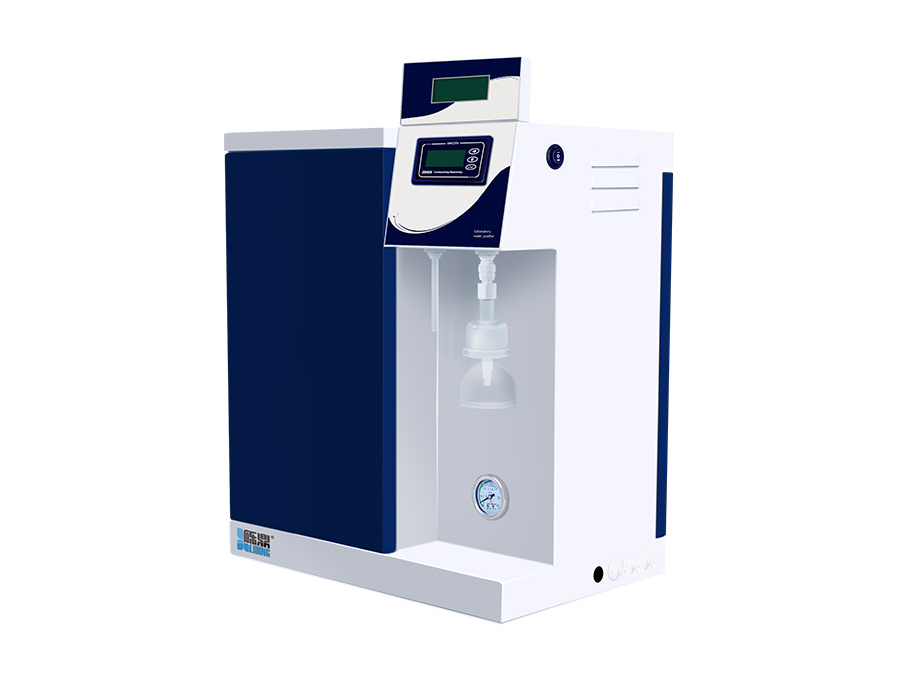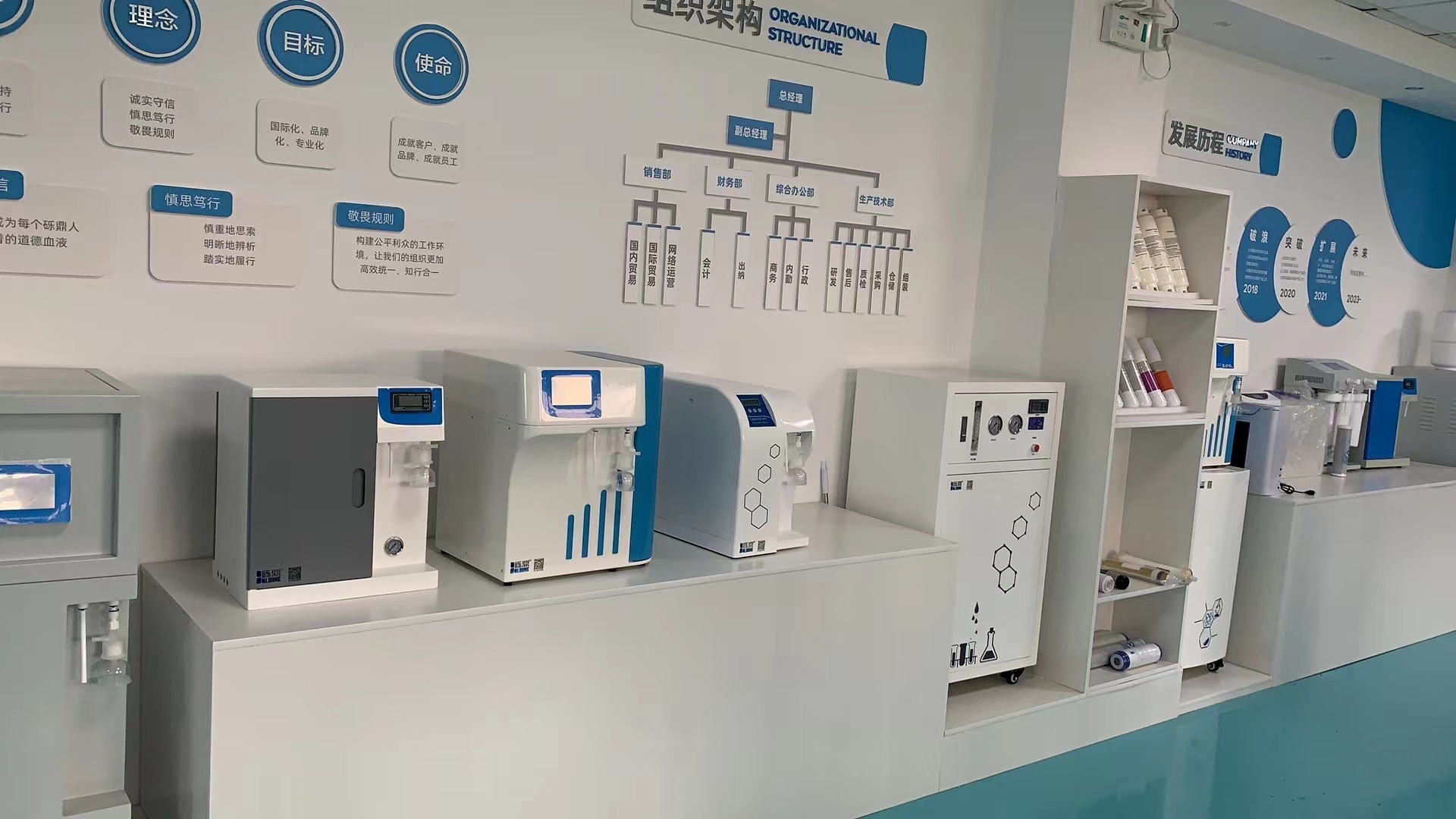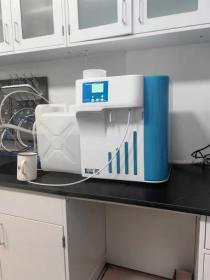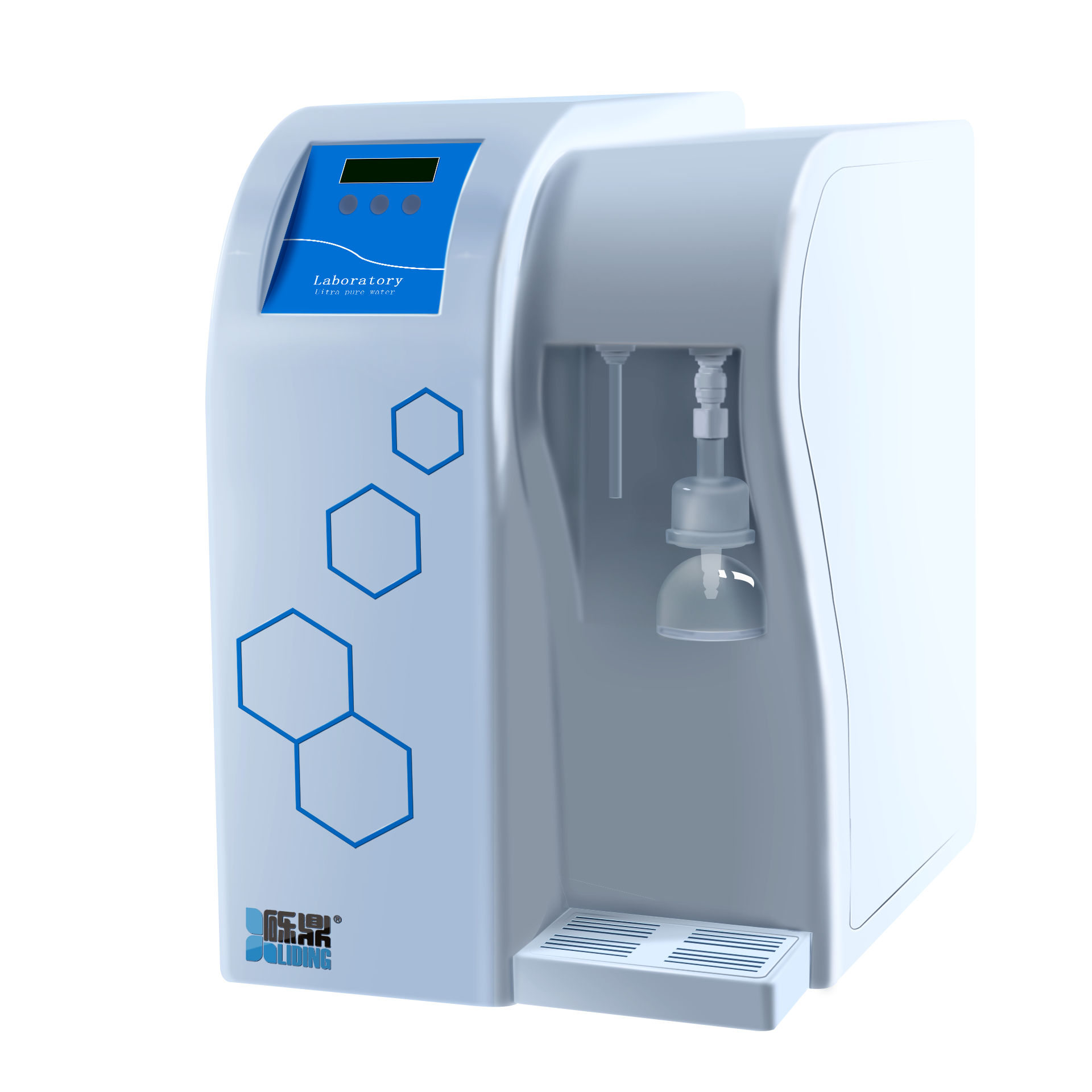Understanding Ultra Pure Water Machines: Essential Insights for Industrial Applications
Time:
Sep 14,2025
Ultra pure water machines are crucial components in the realm of industrial water treatment, especially in sectors that require highly purified water for sensitive applications. These machines are designed to produce water that is free from impurities, ensuring that the final product meets stringent quality standards.
The process of generating ultra pure water typically involves several stages of purification, including reverse osmosis, deionization, and sometimes advanced filtration techniques. Reverse osmosis serves as the primary method, effectively removing dissolved solids, contaminants, and particulates from water. The water then goes through deionization, where ion exchange resins further eliminate ionic impurities, achieving a high degree of purity.
One of the key applications of ultra pure water is in the semiconductor manufacturing industry. As electronic components become increasingly miniaturized, the demand for high-quality water has surged. Any contaminants in the water can lead to defects in semiconductor fabrication, affecting overall product reliability. Ultra pure water machines ensure that manufacturers receive consistent and reliable water quality, crucial for maintaining production standards.
Furthermore, the pharmaceutical industry relies heavily on ultra pure water for drug formulation and laboratory processes. The presence of impurities can lead to inaccurate results in drug testing and can compromise the efficacy of treatments. As regulations around drug manufacturing tighten, the importance of using ultra pure water becomes even more significant.
Another area where ultra pure water machines are invaluable is in laboratory research. Various scientific experiments require water that is devoid of any contaminants to ensure accurate and reproducible results. Researchers across fields such as biology, chemistry, and materials science utilize ultra pure water to maintain the integrity of their work.
While the technology behind ultra pure water machines has advanced considerably, regular maintenance and monitoring are essential to ensure optimal performance. Operators should implement routine checks to assess the various stages of purification, as any failure at any point can compromise the water quality. Proper maintenance protocols will not only prolong the lifespan of the equipment but also guarantee the production of consistently high-quality water.
In conclusion, ultra pure water machines are indispensable in industries where water quality is paramount. Their ability to produce water that meets rigorous purity standards plays a critical role in ensuring the efficiency and reliability of various industrial processes. Understanding the mechanisms and applications of these machines can help businesses optimize their water treatment systems and maintain compliance with industry regulations.
The process of generating ultra pure water typically involves several stages of purification, including reverse osmosis, deionization, and sometimes advanced filtration techniques. Reverse osmosis serves as the primary method, effectively removing dissolved solids, contaminants, and particulates from water. The water then goes through deionization, where ion exchange resins further eliminate ionic impurities, achieving a high degree of purity.
One of the key applications of ultra pure water is in the semiconductor manufacturing industry. As electronic components become increasingly miniaturized, the demand for high-quality water has surged. Any contaminants in the water can lead to defects in semiconductor fabrication, affecting overall product reliability. Ultra pure water machines ensure that manufacturers receive consistent and reliable water quality, crucial for maintaining production standards.
Furthermore, the pharmaceutical industry relies heavily on ultra pure water for drug formulation and laboratory processes. The presence of impurities can lead to inaccurate results in drug testing and can compromise the efficacy of treatments. As regulations around drug manufacturing tighten, the importance of using ultra pure water becomes even more significant.
Another area where ultra pure water machines are invaluable is in laboratory research. Various scientific experiments require water that is devoid of any contaminants to ensure accurate and reproducible results. Researchers across fields such as biology, chemistry, and materials science utilize ultra pure water to maintain the integrity of their work.
While the technology behind ultra pure water machines has advanced considerably, regular maintenance and monitoring are essential to ensure optimal performance. Operators should implement routine checks to assess the various stages of purification, as any failure at any point can compromise the water quality. Proper maintenance protocols will not only prolong the lifespan of the equipment but also guarantee the production of consistently high-quality water.
In conclusion, ultra pure water machines are indispensable in industries where water quality is paramount. Their ability to produce water that meets rigorous purity standards plays a critical role in ensuring the efficiency and reliability of various industrial processes. Understanding the mechanisms and applications of these machines can help businesses optimize their water treatment systems and maintain compliance with industry regulations.
RELATED NEWS








